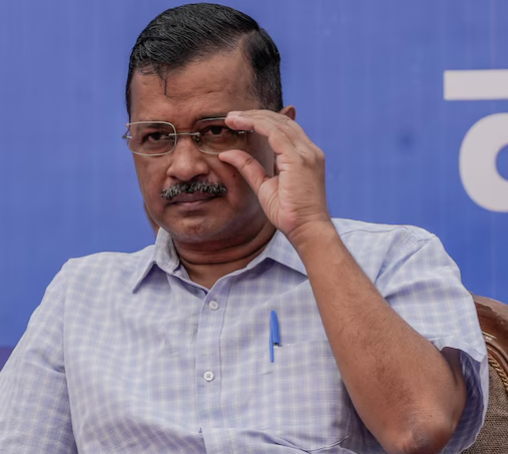
The arrest of delhi chief minister arvind kejriwal in the liquor scam case has stirred significant debate and speculation regarding his ability to continue his duties while in custody. Despite his arrest, the aam aadmi party (AAP) has affirmed that kejriwal will remain as the chief minister of delhi, with delhi Finance minister Atishi designated to convey his orders from jail.

Legal experts suggest that kejriwal can continue as chief minister unless he is sentenced to a two-year prison term. The constitution does not explicitly forbid administering from prison, and until proven guilty in the liquor scam case, kejriwal may face no obstacles in his role as Chief Minister.
Following his arrest, kejriwal issued orders as chief minister for the first time, with details to be disclosed by delhi Finance minister Atishi. AAP leader and punjab cm bhagwant mann announced plans to set up a temporary office for kejriwal in case of judicial custody, emphasizing Kejriwal's irreplaceable role within the party.
However, constitutional expert PDT Achari believes it's impractical for kejriwal to govern from jail, citing the need for direct oversight and decision-making in governmental matters. The Lieutenant governor is likely to intervene if kejriwal attempts to continue his duties from jail, as is customary in such situations.
The absence of specific constitutional provisions for alternative governance arrangements complicates the issue further. While resignation is not mandatory unless guilt is proven, ruling from prison poses logistical challenges, particularly regarding signing government decisions.
In the event of a change in leadership, names like Atishi and Kejriwal's wife, Sunita, are prominent contenders for the delhi chief minister position. However, the final outcome hinges on the legal proceedings and Kejriwal's ability to effectively govern amid his legal challenges.




 click and follow Indiaherald WhatsApp channel
click and follow Indiaherald WhatsApp channel